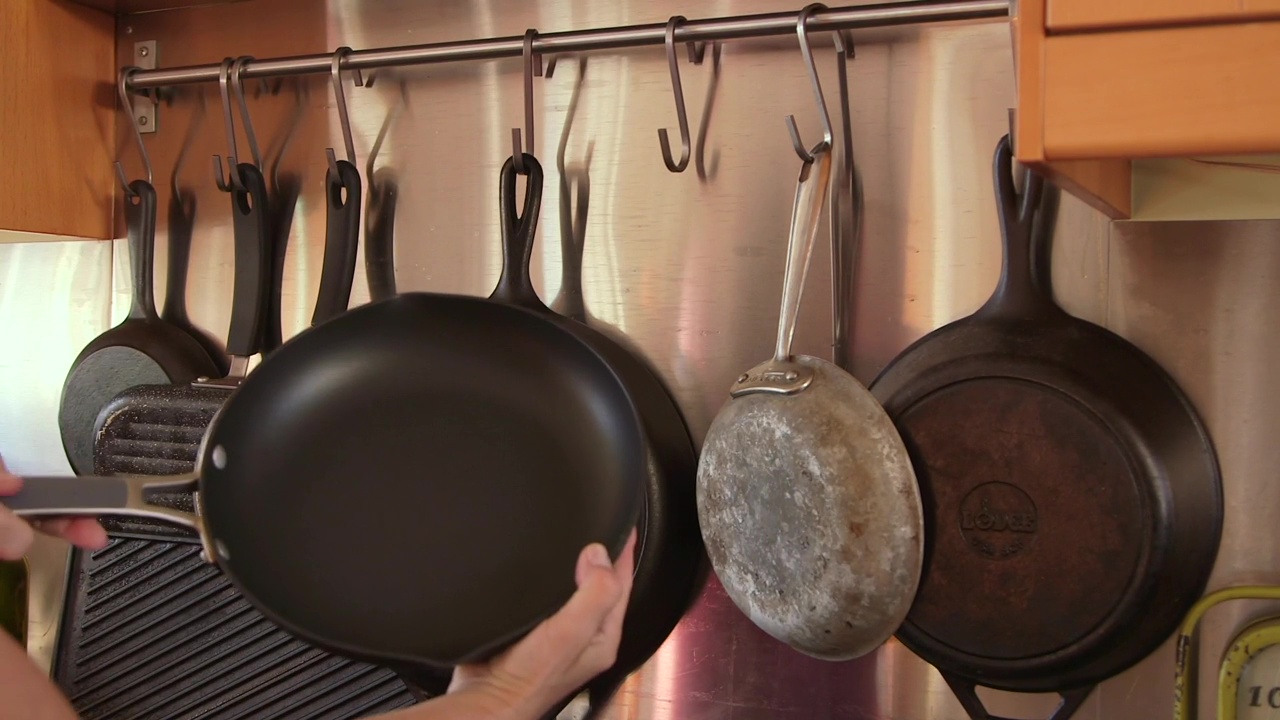Everyday there is new information and additional numbers coming in regarding the economy.
In January, overall inflation rose 0.5%, making it 6.4% higher than a year earlier, despite the Federal Reserve's aggressive campaign to cool inflation.
“Even though the pace of inflation has cooled, the Federal Reserve has indicated that it is too soon to say that the fight against inflation is over,” President and CEO of Dewitt and Dunn, Cathy Dewitt Dunn said. “Fed chairman Jerome Powell announced another interest rate hike on February 1, raising rates a quarter point to combat stubborn inflation and get closer to its 2% target rate."
Dewitt Dunn said there are several indicators investors look at when it comes to the health of the economy. Another is the Gross Domestic Product (GDP).
Get DFW local news, weather forecasts and entertainment stories to your inbox. Sign up for NBC DFW newsletters.
“Although the economy showed solid growth to the end of 2022, GDP only grew 1% overall, down significantly from 5.7% growth a year earlier. The latest data also revealed a major decline in housing market activity as construction costs rise and interest rate hikes put a strain on buyers and sellers,” Dewitt Dunn said.
So what does all of this mean when it comes to the chances of the country falling into a recession?
“Economists believe there's a 61% chance of a recession happening in 2023, but the Federal Reserve is still hopeful that they will achieve a ‘soft landing.’ As federal interest rates increase, consumer and business spending should continue decreasing, which makes a recession more likely. Regardless, if a recession hits in 2023, it's always important to be prepared for poor economic conditions. The economy is constantly expanding and contracting, which inevitably leads to occasional recessions,” Dewitt Dunn said.
Consumer Reports
The latest news from Consumer Reports magazine.
She said the news isn’t all bad though, especially when it comes to unemployment.
“Currently, the unemployment rate sits at 3.4%, which is the lowest level since 1969. There are nearly two job openings for every unemployed person, but recent major layoffs like the tech industry is experiencing may push the unemployment rate higher. Layoffs, tighter budgets, and higher prices should slow consumer spending, another indicator of a recession. As people rein in their spending, the economy should follow suit,” Dewitt Dunn.
In any financial times, Dewitt Dunn said it is best to control what you can control by ensuring your finances are ready for whatever may come.
“Go ahead and boost those emergency savings. If there is a recession, then they often bring layoffs, furloughs, and pay cuts as businesses try to cut costs, so it's important to have savings built up and easily accessible in case of an emergency. Your emergency fund should have enough money to cover 3-6 months of expenses if you lose your job or miss a paycheck,” Dewitt Dunn said.
She also suggests tackling high-interest debt as fast as you can.
“Although it could be tempting to pay off your largest debts, I recommend tackling your highest-interest debt first, like credit cards. As the Federal Reserve continues to hike interest rates, you'll want to have the lowest interest rates possible on your debt. Setting up auto-payments can help you stay on track with payments and avoid late fees, which only add to the problem,” Dewitt Dunn said.
Also, diversify your portfolio.
“Having a diverse portfolio helps mitigate your risk in volatile markets. Use a variety of instruments, like bonds, stocks, real estate, and real assets like cash or precious metals. For retirees, make sure you have enough money in low-risk investments and liquid assets to meet your needs. You don't want a market downturn to drain your money when you need to use it. And stay invested!"
She said the tendency from many is to 'panic sell' as the fear of a recession increases, but you should never let short-term volatility ruin your long-term investment goals.



